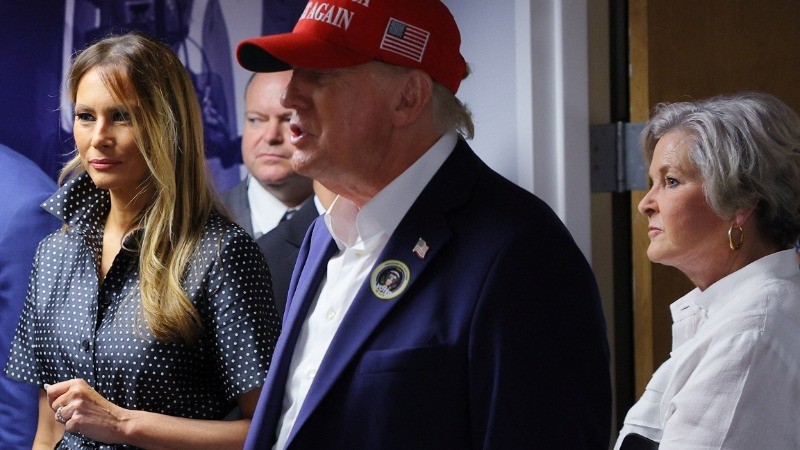
Tensions continue to rise in the Middle East, especially between Iran and Israel, and Donald Trump’s potential return to the U.S. presidency could escalate the situation. Trump’s previous actions, including pulling the U.S. out of the 2015 Iran nuclear deal, imposing sanctions, and approving the 2020 drone strike that killed Iranian General Qassem Soleimani, have worsened relations between the two countries. Soleimani, a key figure in Iran’s military structure, was deeply involved in operations across the region.
Trump’s strong support for Israel, including recognizing Jerusalem as its capital and facilitating agreements like the Abraham Accords, further fuels Iran’s distrust. This has led to concerns that if Trump returns to office, it could push Iran to pursue nuclear weapons as a form of deterrence against perceived threats. Iran is already dealing with attacks on its proxies in Gaza and Lebanon, as well as Israeli strikes within its borders, including the assassination of several Iranian nuclear scientists.
However, what is holding Iran back from developing nuclear weapons is not external pressure but a religious fatwa issued by Iran's Supreme Leader, Ali Khamenei. The fatwa declares nuclear weapons as forbidden under Islamic law. Khamenei has reiterated this position as recently as 2019, although his rhetoric has become more aggressive in the face of growing regional conflicts. He recently vowed a strong response against Israel and the U.S., with his adviser, Kamal Kharrazi, suggesting that Iran might alter its nuclear policy in response to an existential threat.
Iran continues to enrich uranium, producing it at near-military-grade levels, but its nuclear program is officially focused on civilian energy use. Yet, reports indicate that Iran could produce enough fissile material for a bomb within a few weeks if it decided to take that path. The CIA has estimated that Iran could have enough uranium for an atomic bomb in just seven days. While there’s no evidence yet that Iran has decided to build a nuclear weapon, the potential is there, and some experts believe that Iran could deploy a warhead within months.
The possibility of a nuclear-armed Iran remains a point of contention. Trump and Israeli Prime Minister Benjamin Netanyahu have both emphasized that Iran must not be allowed to acquire nuclear weapons. However, such threats might only encourage Iran to accelerate its nuclear program, especially if it believes that military strikes against its facilities could follow.
Despite these challenges, some experts believe Iran’s nuclear sites are well-protected, making a successful attack difficult. Israel has attempted similar strikes in the past against nuclear sites in Iraq and Syria but may face more obstacles with Iran’s dispersed and fortified nuclear infrastructure.
As Trump weighs a return to power, the U.S.-Iran relationship remains uncertain. Some fear an all-out war, while others hope that Trump might engage in new diplomatic efforts, as he did with North Korea. Whatever happens, it’s clear that the situation is volatile, and the future of the Iran nuclear issue is up in the air.
]